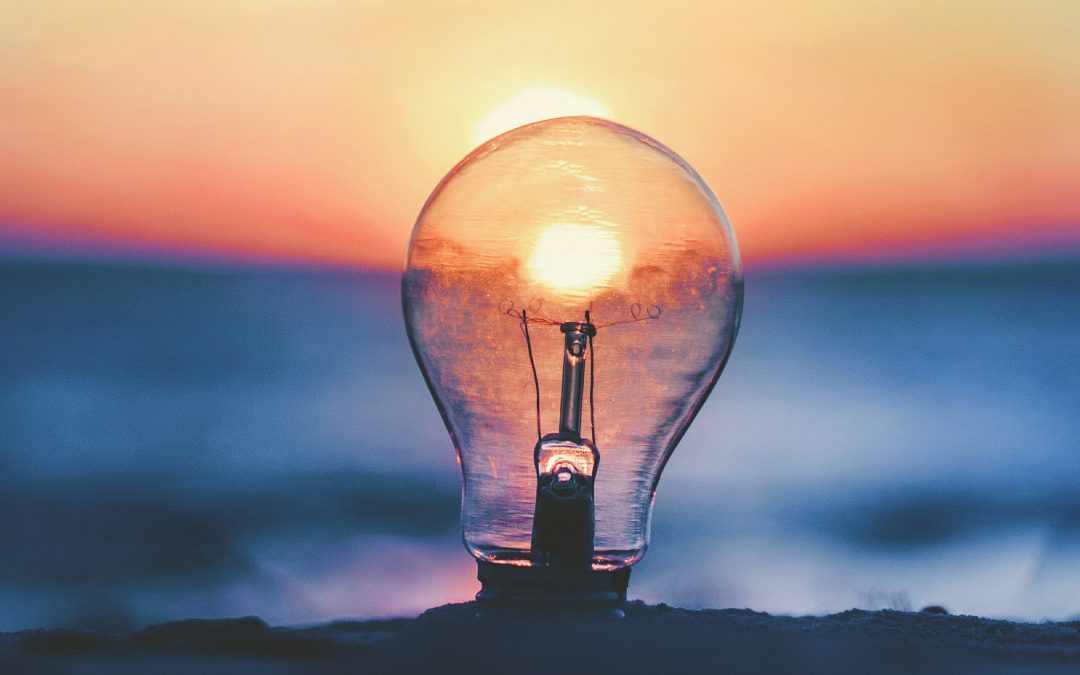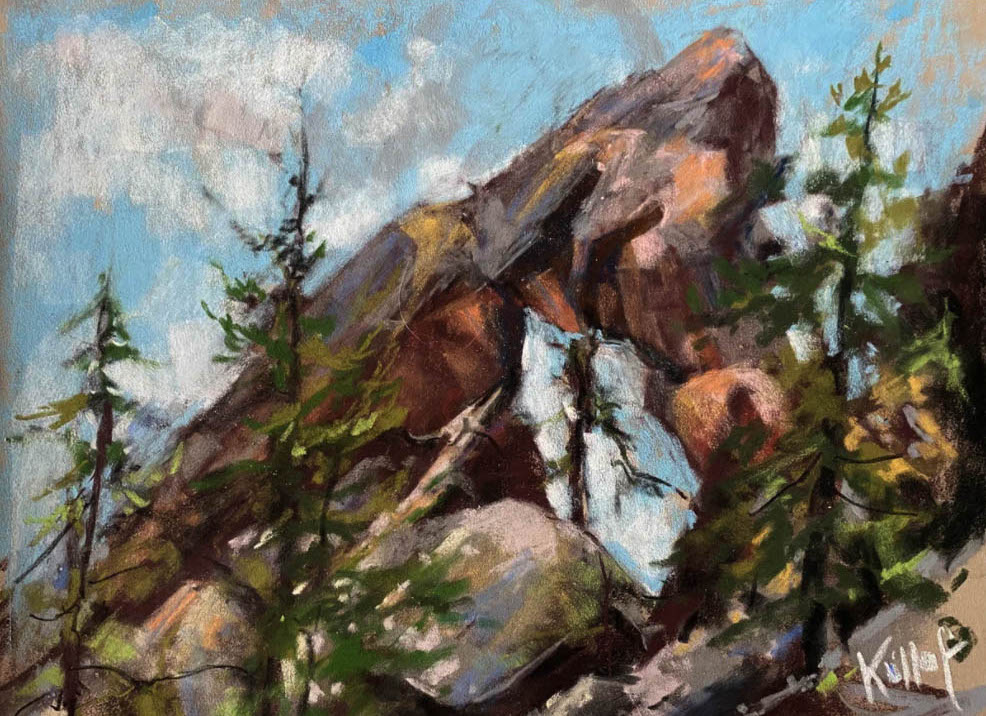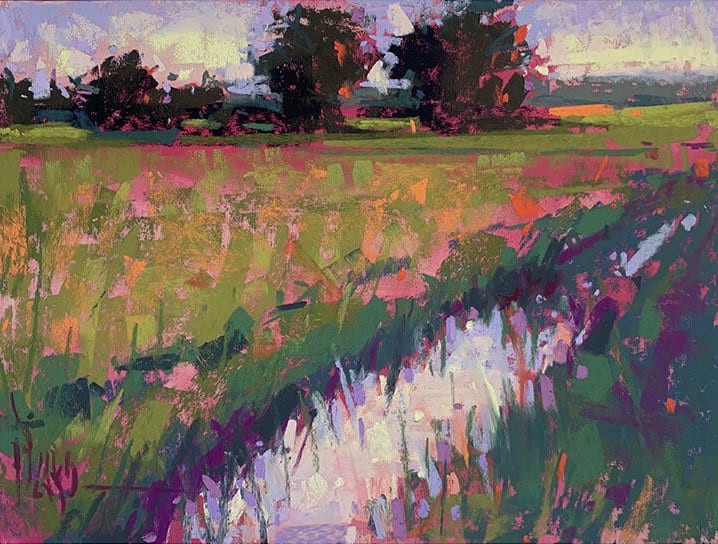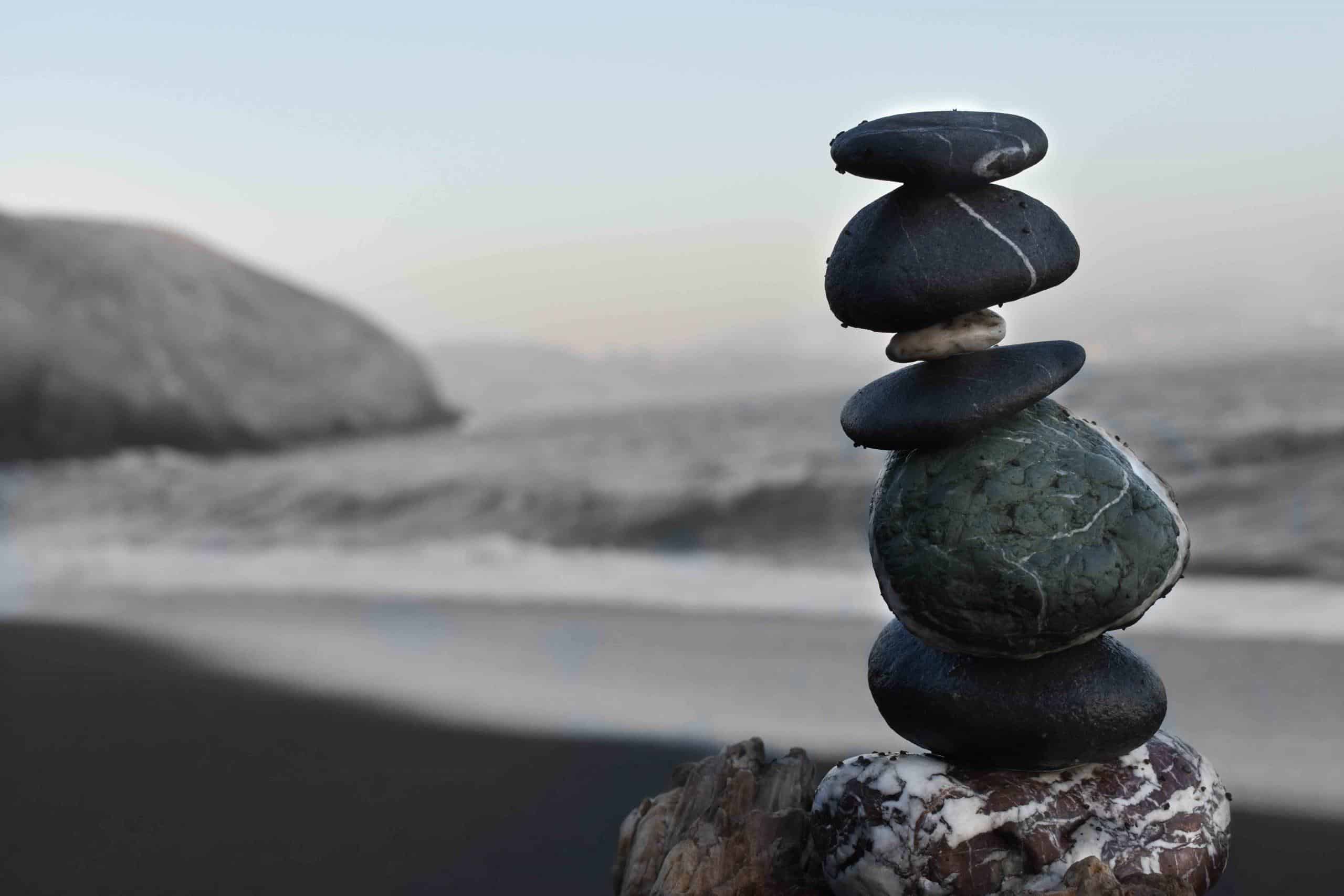Western cultures see it as almost a crime. Most of us get this sharp pang of ‘guilt’ when we feel as though we’re doing nothing or we’ve achieved nothing in a day. It’s not like this all over the world… Cultures have been using this technique for centuries to improve their creativity.
Some nations take pride in doing nothing. Ok, I’m exaggerating a little bit, but you catch my drift. Some cultures see nothing wrong with downtime, they revel in it and benefit from the incredible benefits that it can bring.
What if I told you that there is literally no better way to find new insights, new ideas and improve your creativity. The problem is, due to the way our western society has developed, we need to actively do some unlearning.
Learning how to properly ‘wait’ will bring incredible changes to your paintings and even other areas of your life. It’s a big claim but read on to see why.
Diverse creativity from 3 artists joining us this year. Anne Kullaf, Darla Bostick & Alain Picard
Let your brain process this information. It’s important. Don’t let it build up.
Your brain needs a break. More than you realise. Improve your mood, increase your performance & increase your ability to focus and pay attention.
What’s actually happening in your brain when you take a break is quite simple. You’ve probably realised this happening when you’ve got music on in a car journey or when you notice your mind wandering at different points throughout the day. Maybe you’re replaying previous conversations in your head, trying to recall your shopping list or thinking about your seemingly endless to-do list.
When your brain finishes processing its backlog of information, the real fun gets started. Something amazing happens. Your brain no longer has important things to process. Now other regions of the brain have more energy allocated to them and they become more active. These regions of the brain are linked to things like ethics, memories and… You guessed it… creativity!
We see this phenomenon time and time again in nature, once the important tasks are finished, the fun happens.
So now the obvious question is, how do we master the art of waiting?
First, let’s clear up what real down-time actually is. You might think that it’s scrolling on social media, doing a puzzle or watching Netflix. You’re wrong. Your brain is still using a significant amount of energy to respond to stimuli and process information.
Real down-time is something else entirely. Sitting there and completely zoning out. A long warm bath or shower. Weeding your garden. You must have noticed these moments throughout your life and how you end up scrabbling for a notepad or the Notes app on your phone because you’ve just had a break-through on an existing area in your life?
This isn’t by coincidence, this is your marvellous brain being marvellous.
What benefit does this bring you?
This is incredibly simple… You’re struggling with starting or finishing your paintings. Feeling like you’ve got no motivation to even think about painting or maybe you just feel as though you’ve got no time to paint. Maybe you’re struggling to start your paintings or you feel as though your development is stagnating.
If you give your brain time to process, you’ll be in a much better mental space for painting and you’ll improve your creativity.
How to master the art of waiting to improve your creativity
In a world of instant gratification online and shortening attention spans, it’s a tough ask… If you want to really maximise this ‘superpower’, you’ll have to build it into your life in a regular fashion.
Schedule purposeful mindlessness – put aside a few minutes each day for purposeful mindlessness.
Schedule your worry time – you might notice that you use your purposeful mindlessness time for worrying… Avoid this at all costs. Postpone this for worry-time for its regularly scheduled appointment.
Practice – You’re probably already thinking of someone who easily gets lost in a daydream. Lucky them. Unfortunately, many of us need much more practice at this!
You have to see waiting as a necessary and beautiful step in the creative process. Never force an idea. Be patient. When the time is right, it’ll come to you. You can’t schedule creativity, you can only prepare the best conditions for creativity to happen. If you truly understand this, you can master the art of waiting.
Make an effort to test this out for a few weeks and you’ll see a real change in your paintings, but also other aspects of your life. Personally speaking, I notice that with some time set aside for purposeful mindlessness, I make links between otherwise unrelated topics, which is by definition a form of creativity.
If you already do this, or if you try it out and have some positive (or negative) results, let us know in the comments below!





